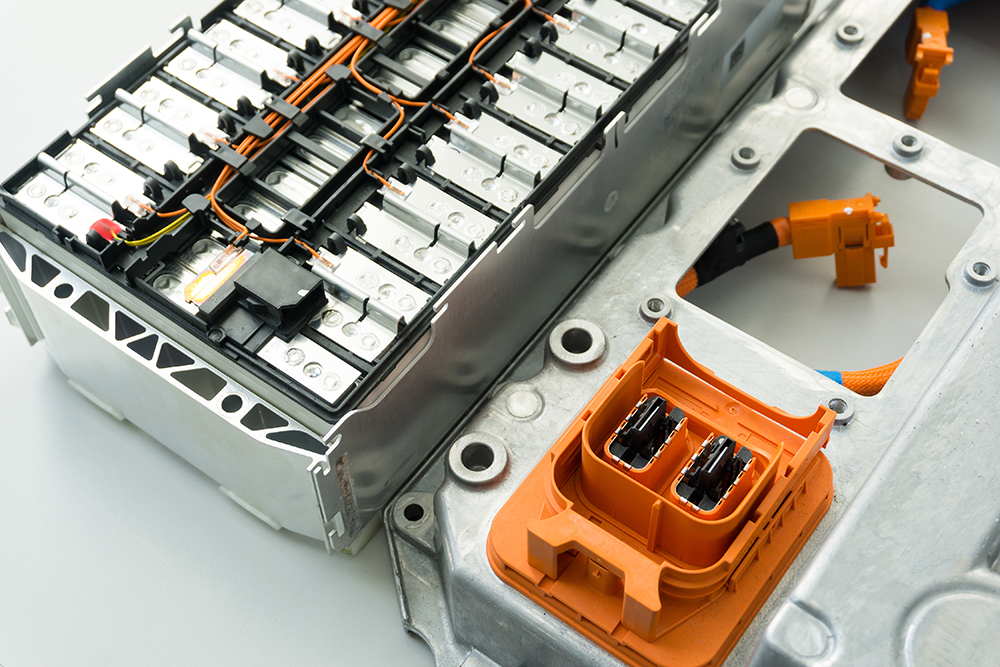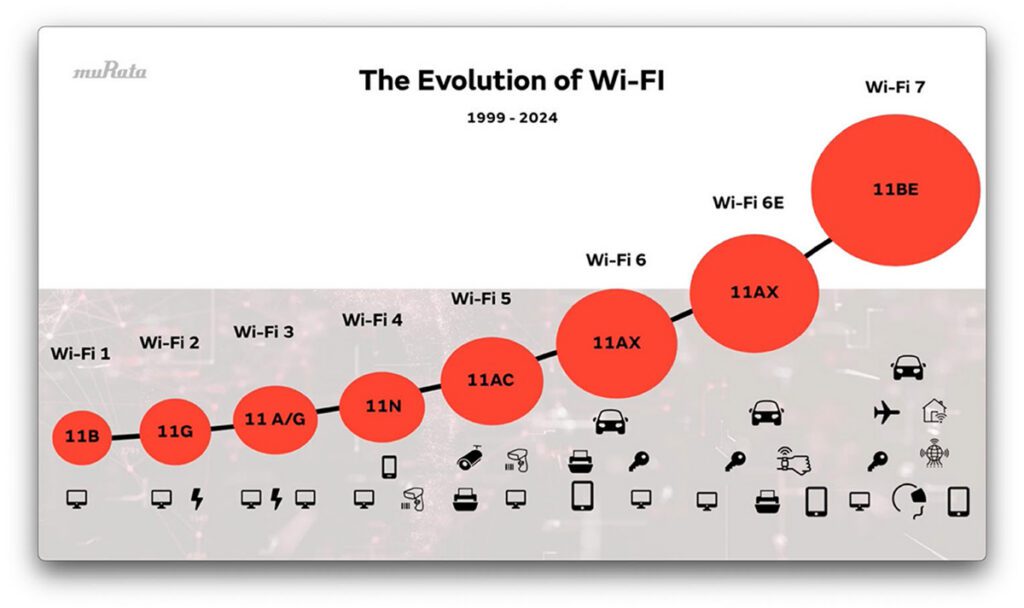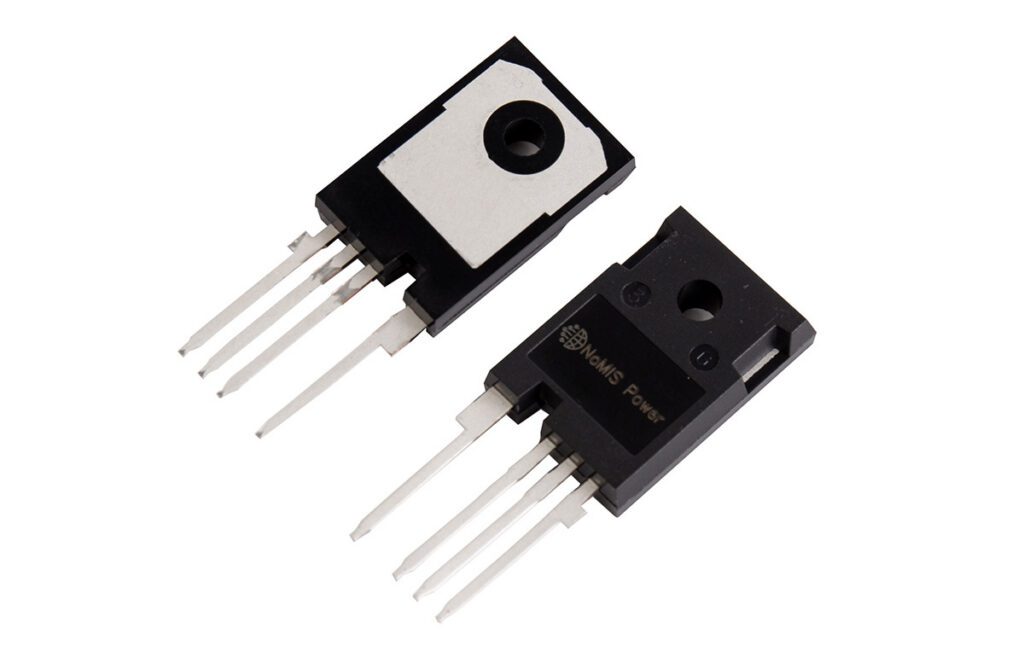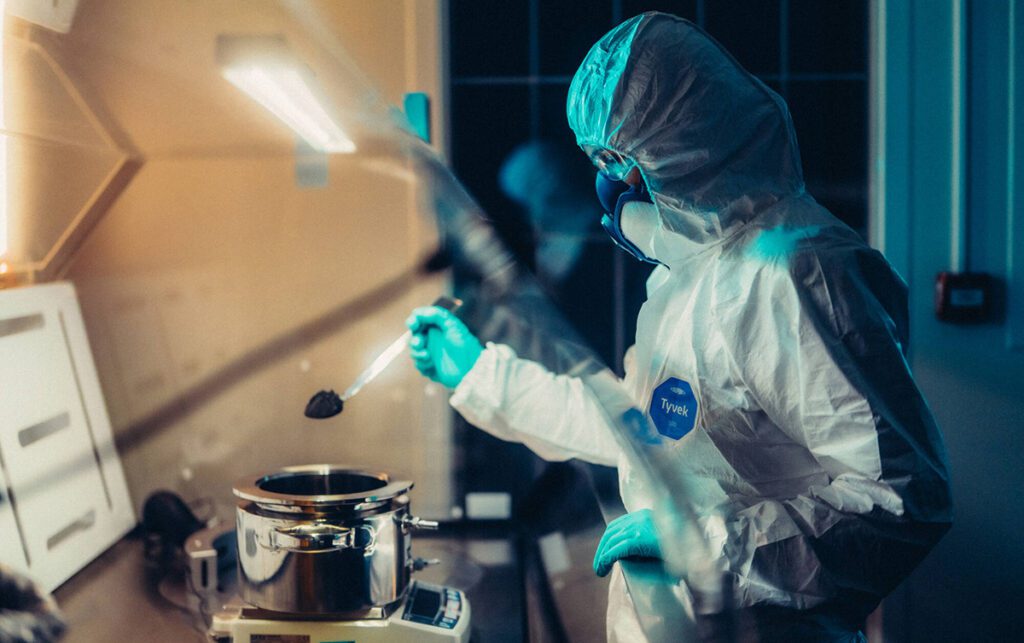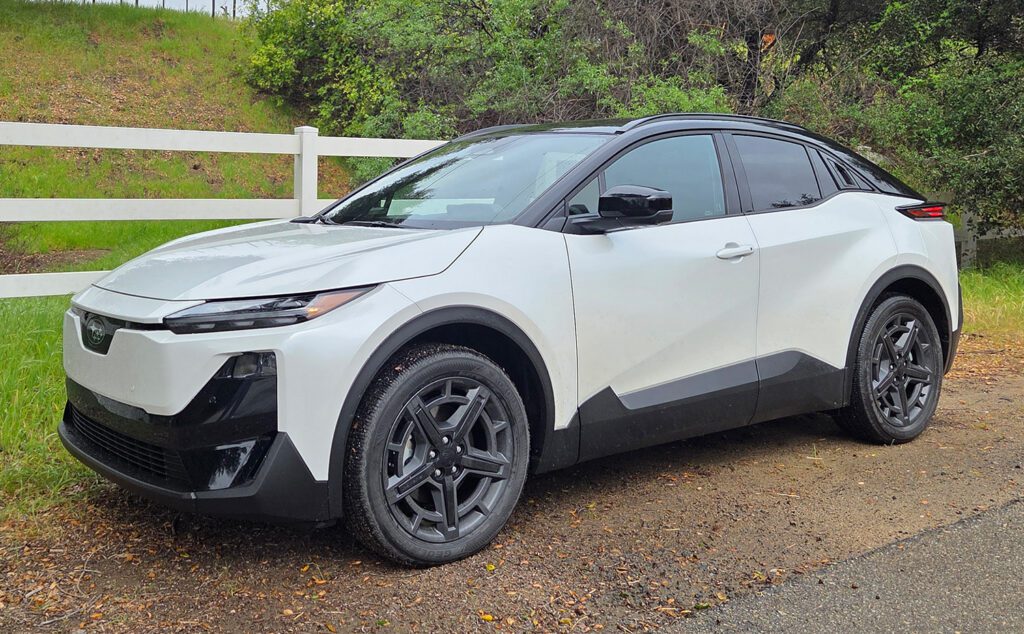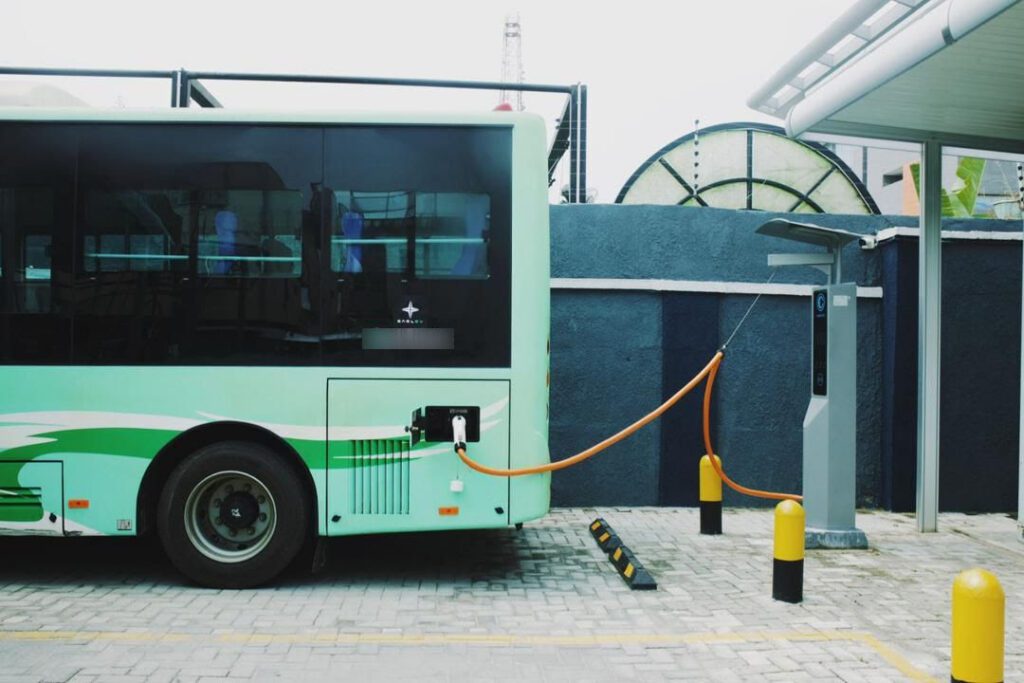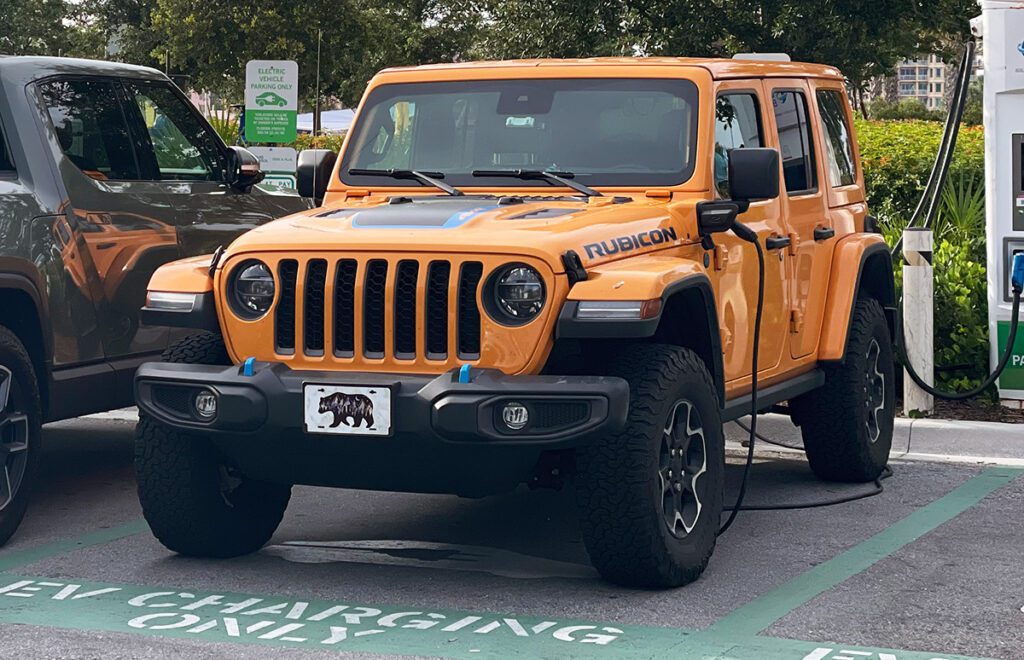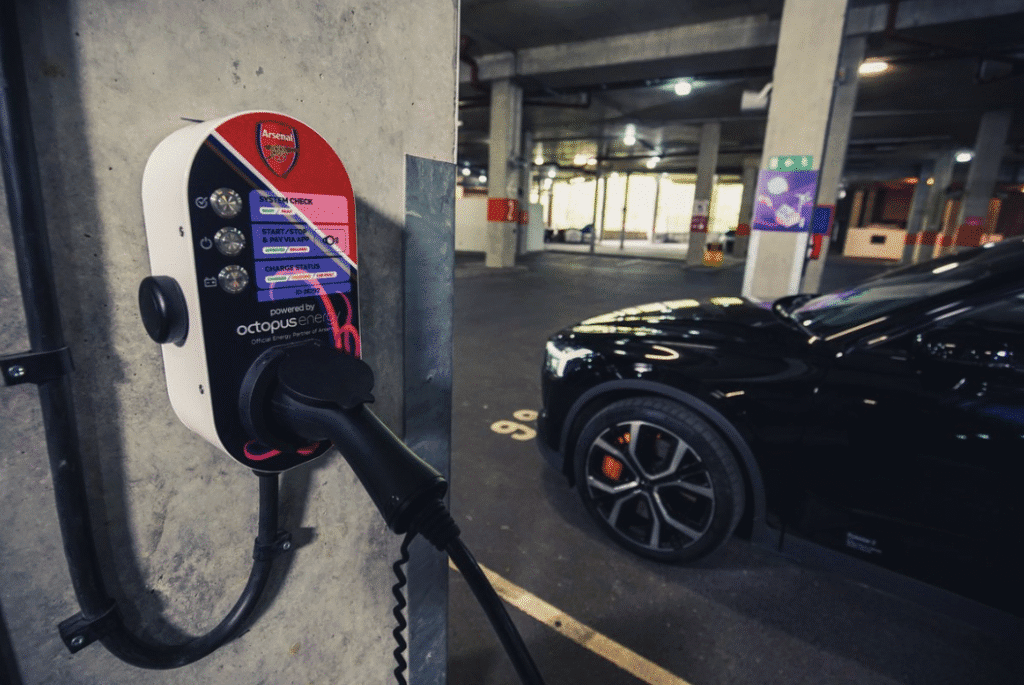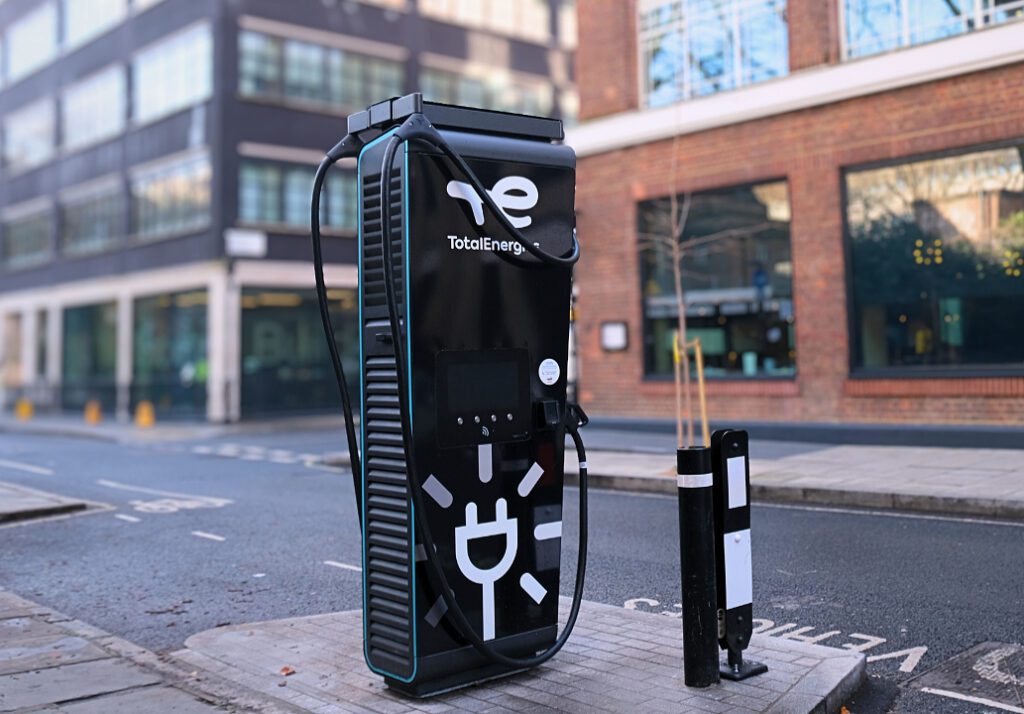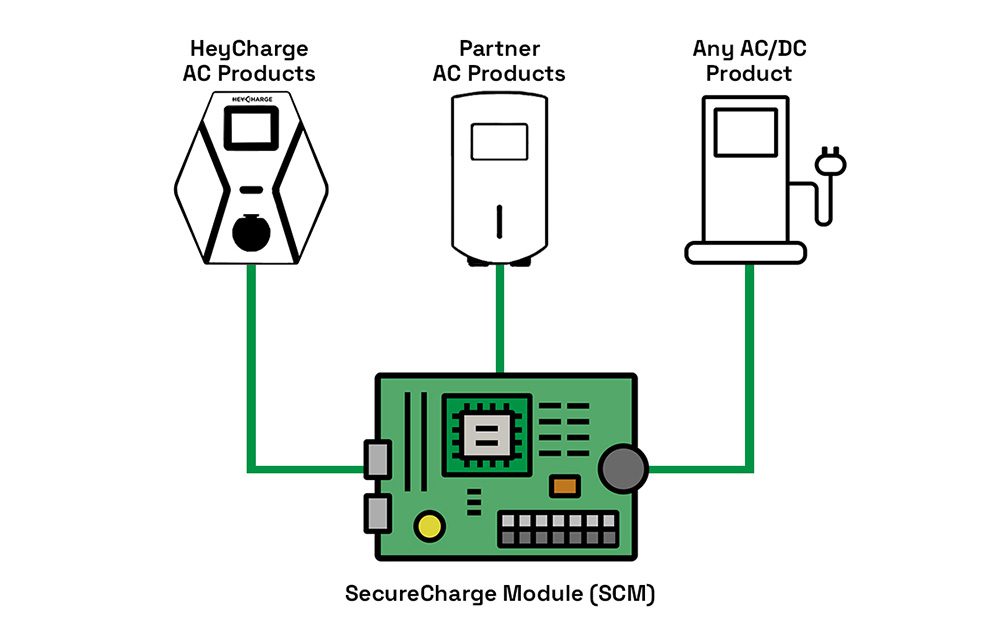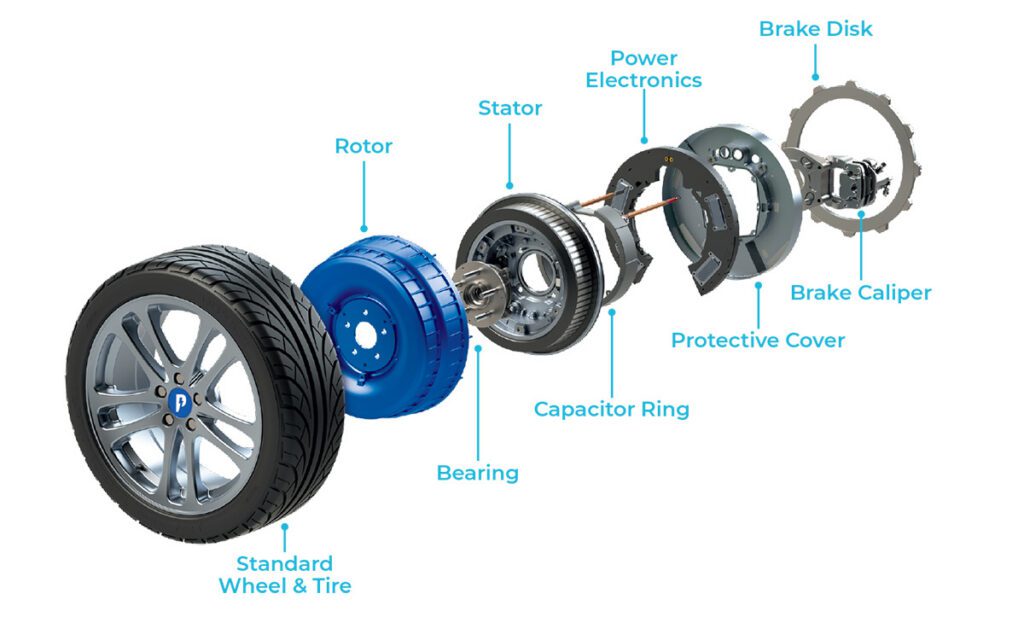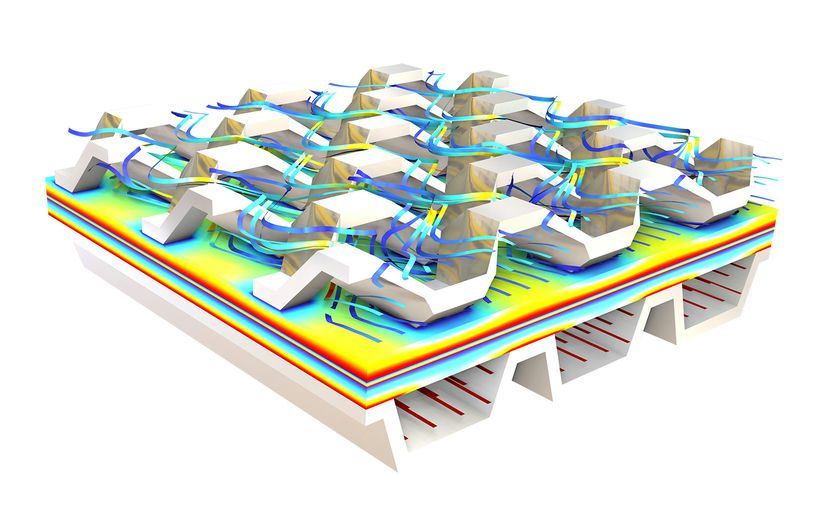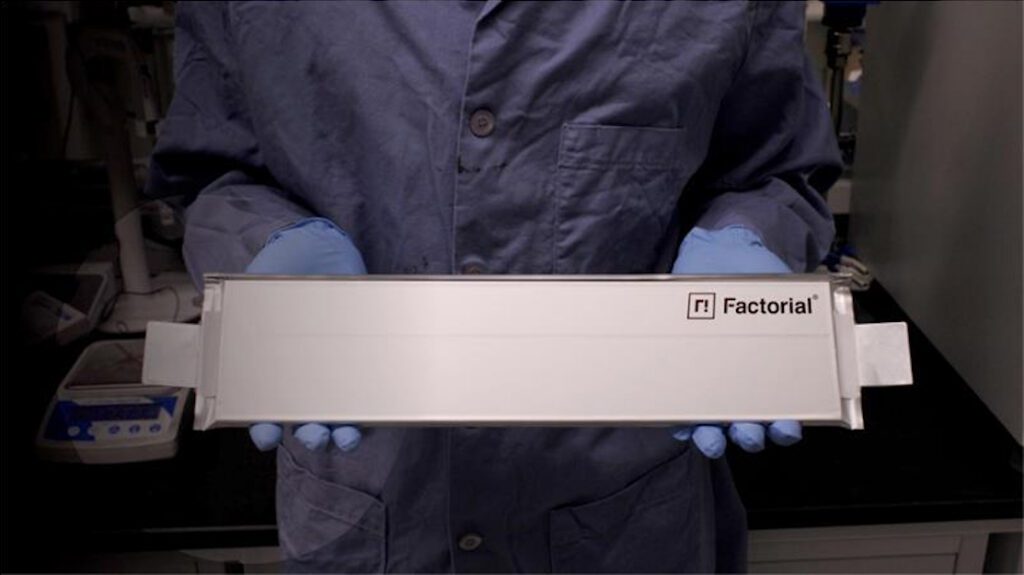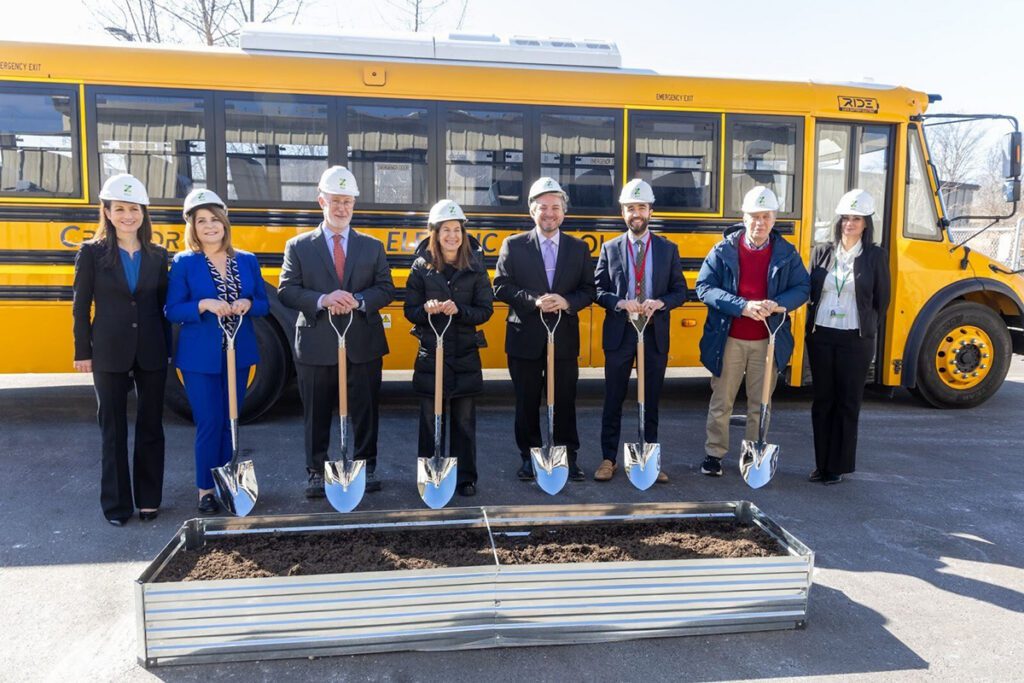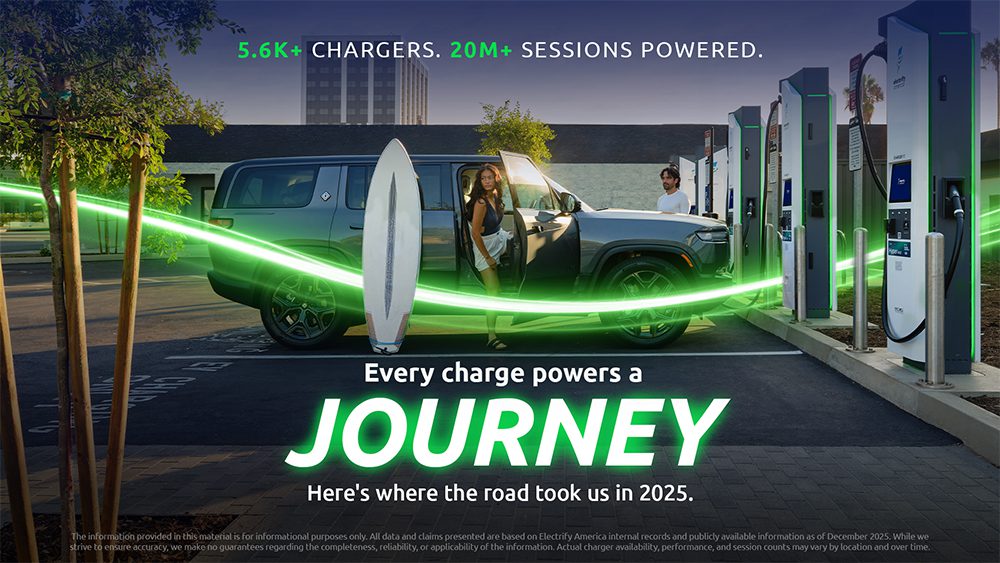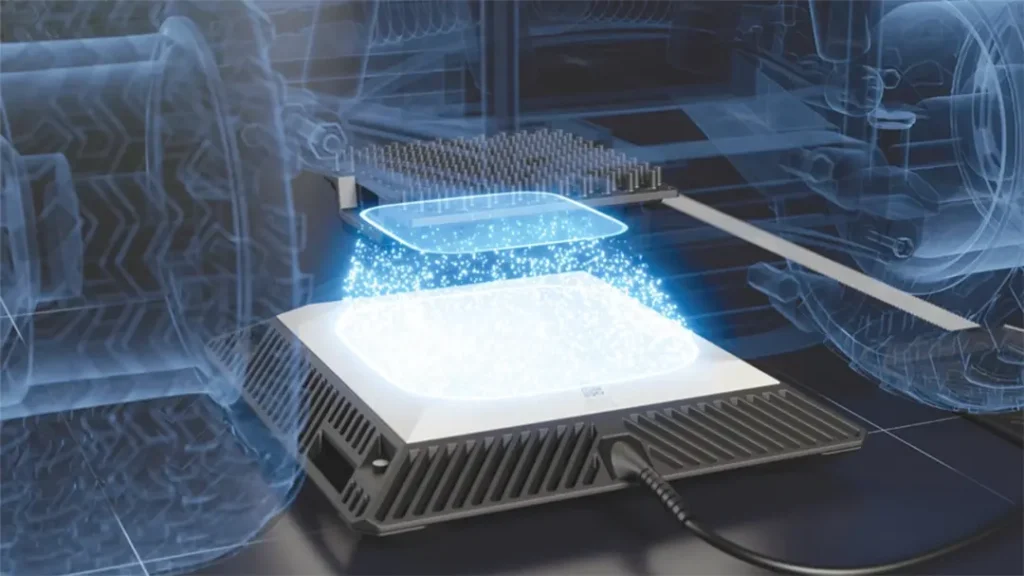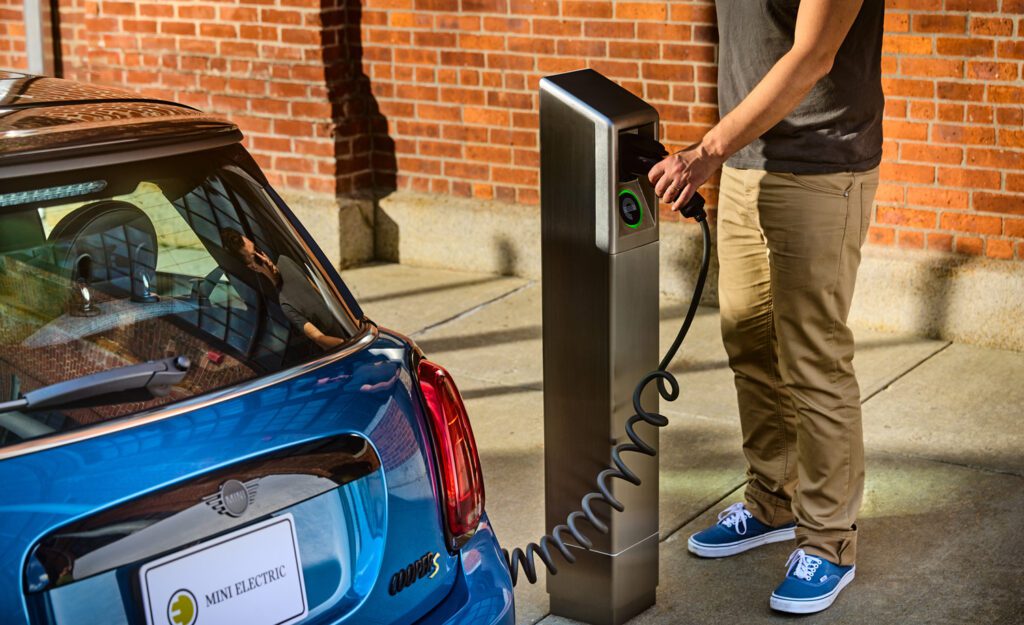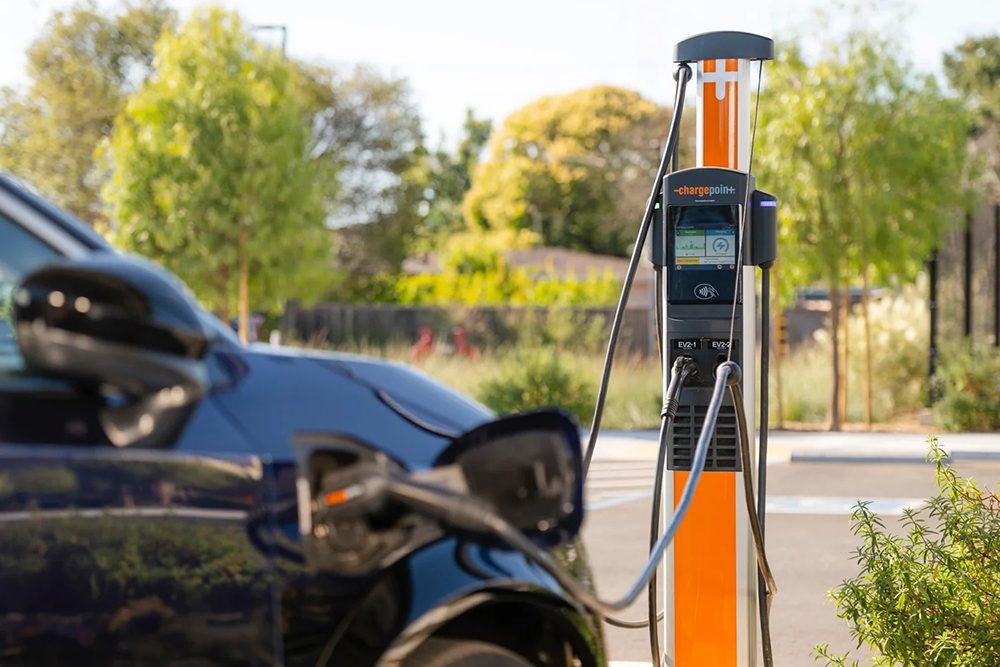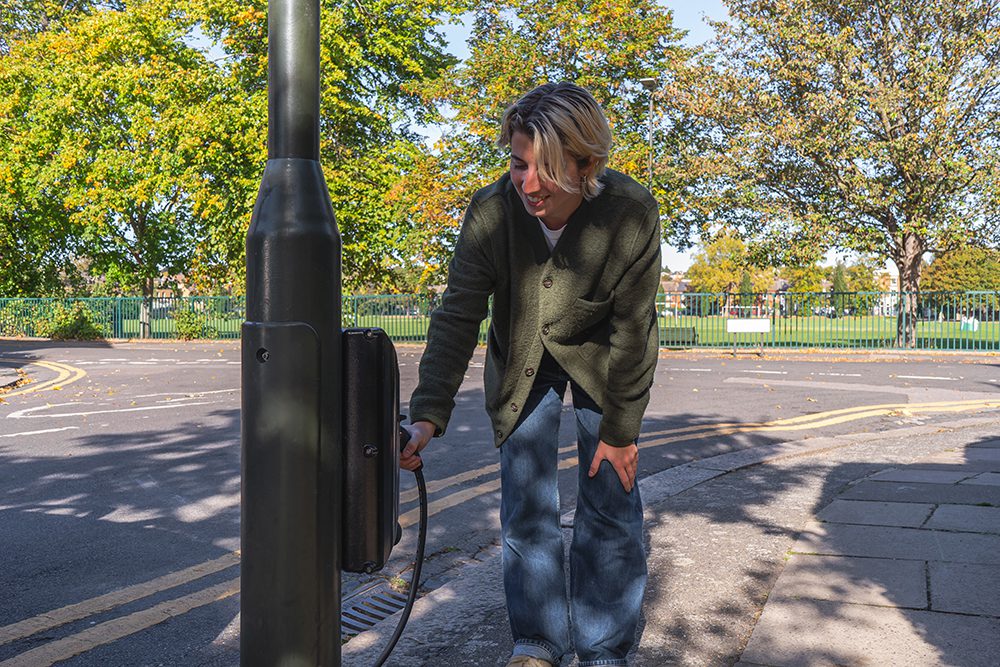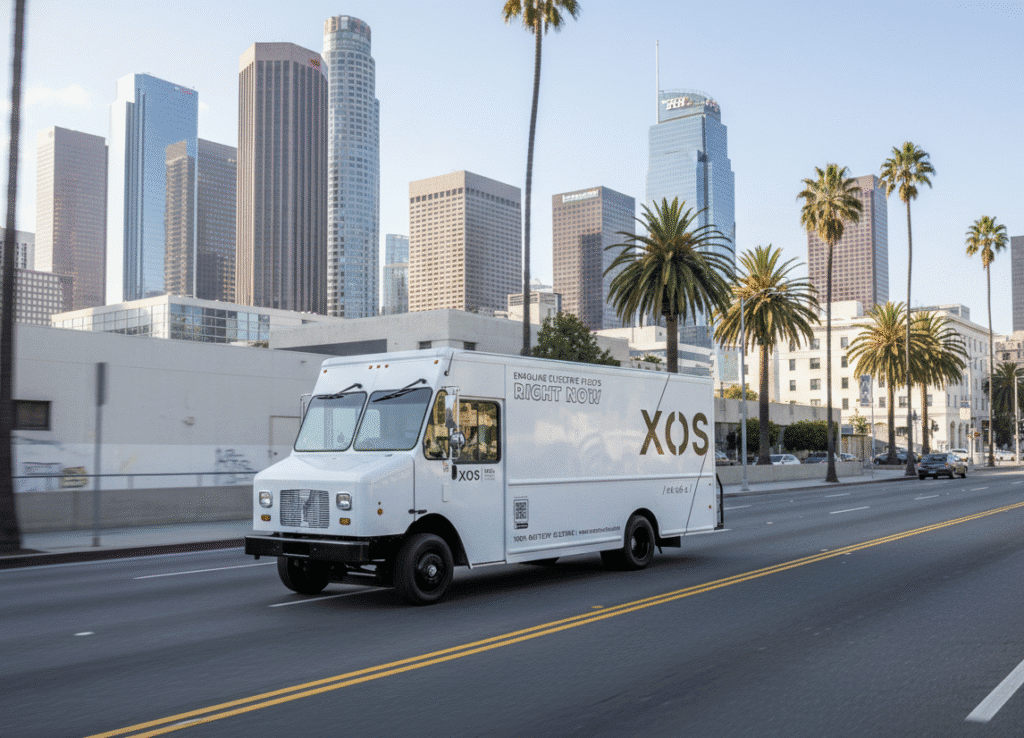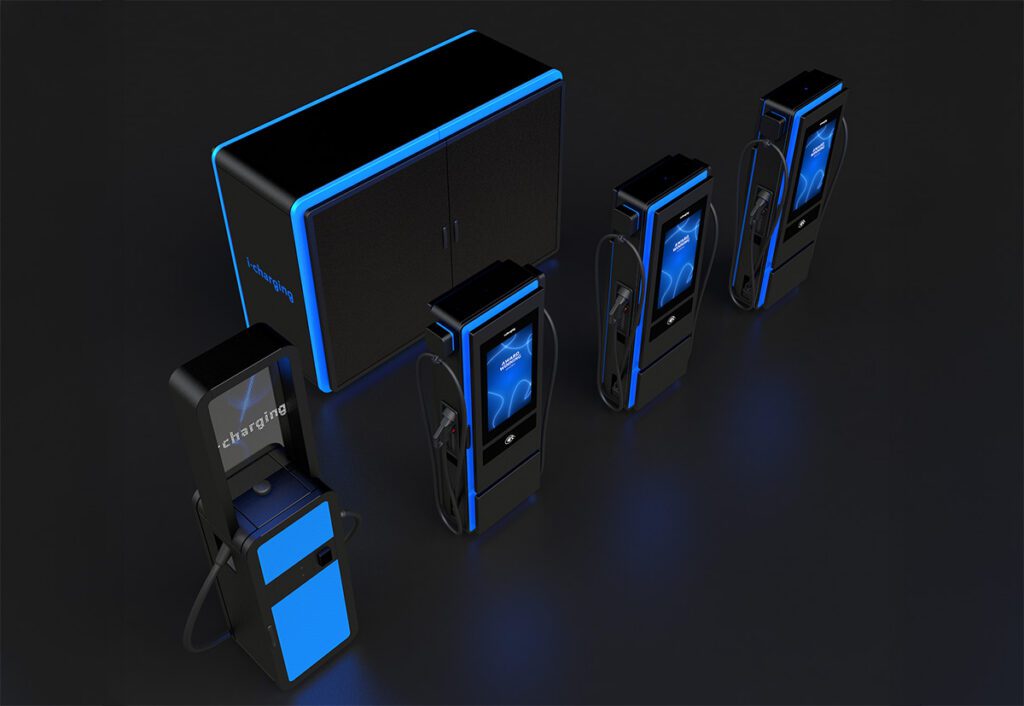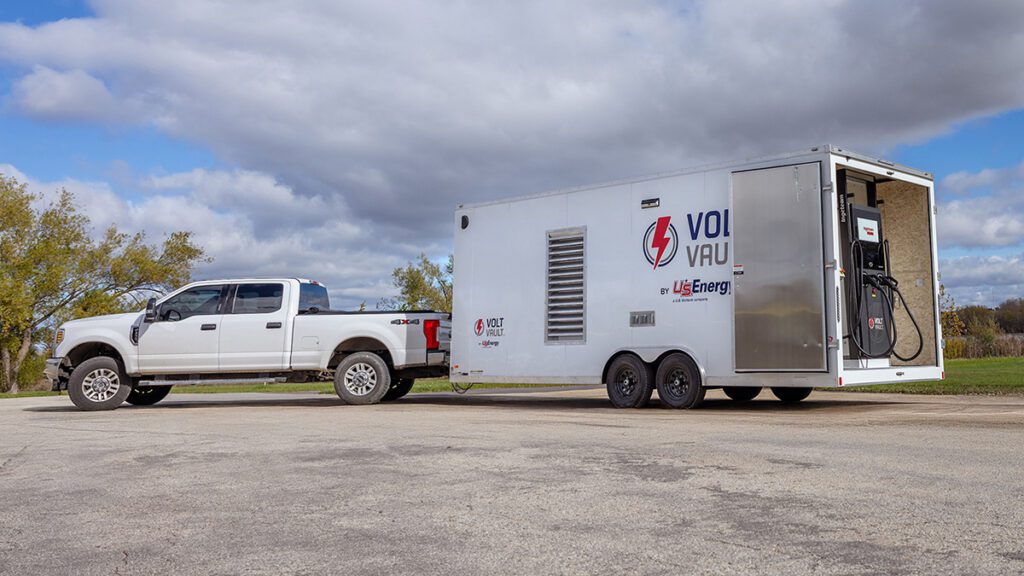American Battery Technology Company (ABTC), which is commercializing manufacturing and recycling technologies has joined the US Department of Energy’s Battery Workforce Challenge and launched a new Design for Recyclability category for the three-year collegiate and vocational engineering competition.
The Battery Workforce Challenge supports 12 North American university teams and their regional vocational partners that are each designing, building, testing and integrating a next-generation advanced lithium-ion battery pack and electric powertrain into a 2024 Ram ProMaster EV that was donated to the program by Stellantis.
Public and private industry partners from each sector of the EV circular supply chain—including the DOE, Argonne National Laboratory, Stellantis, Samsung SDI America and the Volta Foundation, have been chosen to establish real-world environments to train future battery and EV engineers and technicians.
By joining the competition to represent the recycling sector, ABTC is challenging students to design battery packs with a design for recyclability (DFR) mindset that allows them to be strategically disassembled and recycled at the end of their lives. The high-value components within the batteries can then be recovered and resold into the domestic North American supply chain to create a closed-loop circular infrastructure.
“We work directly with many of the premier automotive OEMs and receive large numbers of current and next-generation prototype battery packs, and these pack designs are becoming increasingly complex with the proliferation of cell-to-pack, advanced passive propagation resistance, and hybrid cell chemistry designs,” stated American Battery Technology Company CEO Ryan Melsert.
“When we speak with leadership at these automotive OEMs, they often detail the engineering methods to increase energy density to increase performance and lower overall cost. However, one of the most impactful tools for decreasing cost is to increase the residual value of the battery at its end of life, and embedding from the early design stages a strategic plan for how to demanufacture a battery can significantly lower recycling costs and increase recovery rates within a recycling process,” Melsert added.
ABTC will also support other initiatives within the Battery Workforce Challenge Program, including efforts to establish regional workforce training hubs across the US that will identify areas to reskill and upskill vocational and transitional workers for in-demand EV and battery manufacturing and recycling jobs.
Source: American Battery Technology







